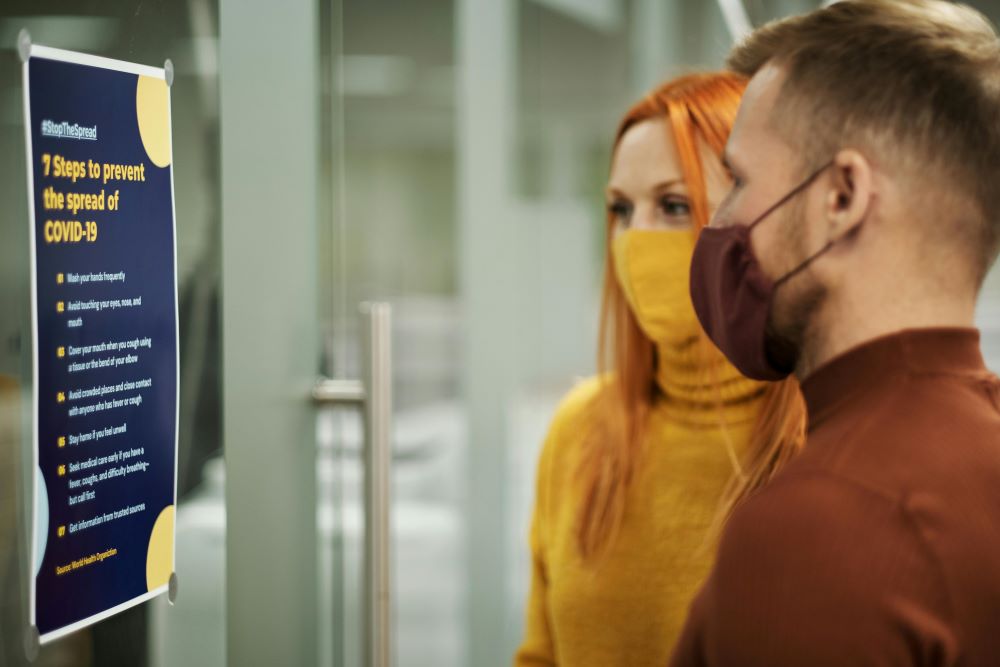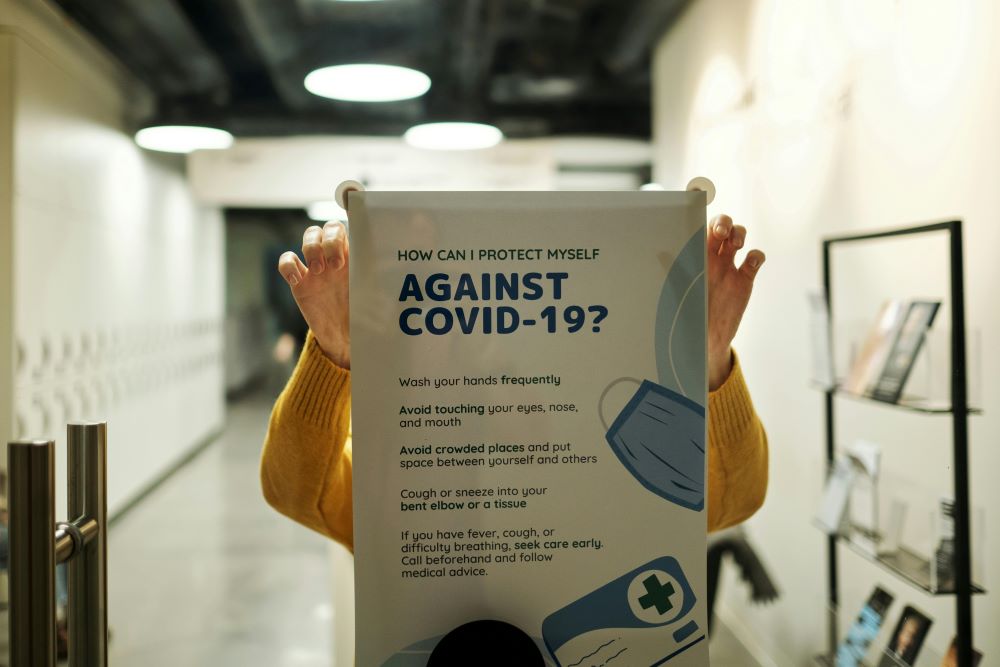New research reveals unique immune responses preventing COVID-19 after exposure.
Findings from a new study involving Wellcome Sanger Institute, University College London (UCL), Imperial College London, the Netherlands Cancer Institute, and others offers new insight into why some people manage to escape contracting COVID-19 even after exposure. Published in Nature as part of the Human Cell Atlas initiative, which maps every cell type in the human body to better understand their purpose and responses to diseases, the findings may help scientists better understand the mechanisms behind the spread of the virus so they can develop more effective prevention and treatment methods.
Analyzing previously published research, then implementing advanced single-cell sequencing technology, the team analyzed immune responses to SARS-CoV-2 (the virus responsible for COVID-19) in 36 healthy adult volunteers and found that not all participants directly exposed to the virus went on to develop COVID-19. This finding led to the discovery of unique immune mechanisms preventing infection and subsequent illness.
The volunteers were then administered the virus nasally in a controlled manner. Researchers closely monitored the volunteers, collecting data from their blood and nasal linings to track the entire infection process and immune cell activity before the infection caused symptoms. The advanced cell sequencing allowed the team to study 600,000 individual cells throughout the process.
Dr. Rik Lindeboom, co-first author from the Netherlands Cancer Institute explained that the study offered “an incredibly unique opportunity to see what immune responses look like when encountering a new pathogen – in adults with no prior history of COVID-19, in a setting where factors such as time of infection and comorbidities could be controlled.”

Interestingly, individuals who quickly cleared the virus exhibited unique natural immune responses that were different from typical reactions, and increased activity of the HLA-DQA2 gene before exposure was noted as a significant factor in preventing symptoms. At the same time, the six participants who developed notable infections showed a rapid immune response in the blood but a slower response in the nasal lining, allowing the virus to take hold in the lining, meaning that a quick immune response in the nasal area is critical for preventing symptoms.
The team also identified common patterns in activated T cell receptors, essential for recognizing and binding to virus-infected cells. In doing so, this can aid future studies in developing targeted T cell therapies for COVID-19 and other infectious diseases.
Dr. Marko Nikolić, senior author from UCL, stated, “These findings shed new light on the crucial early events that either allow the virus to take hold or rapidly clear it before symptoms develop. We now have a much greater understanding of the full range of immune responses, which could provide a basis for developing potential treatments and vaccines that mimic these natural protective responses.”
Dr. Sarah Teichmann, another senior author and co-founder of the Human Cell Atlas, added, “As we’re building the Human Cell Atlas, we can better identify which of our cells are critical for fighting infections and understand why different people respond to coronavirus in varied ways. Future studies can compare with our reference dataset to understand how a normal immune response to a new pathogen compares to a vaccine-induced immune response.”
Shobana Balasingam, from Wellcome’s Infectious Disease team, said of the findings, “These results are an exciting addition to our evidence-base of how different people might respond to, or be protected against, COVID-19 infections.”
Sources:
Why Are Some People Seemingly Immune to Covid-19? Scientists May Now Have an Answer
Immune response study explains why some people don’t get COVID-19
Human SARS-CoV-2 challenge uncovers local and systemic response dynamics


Join the conversation!